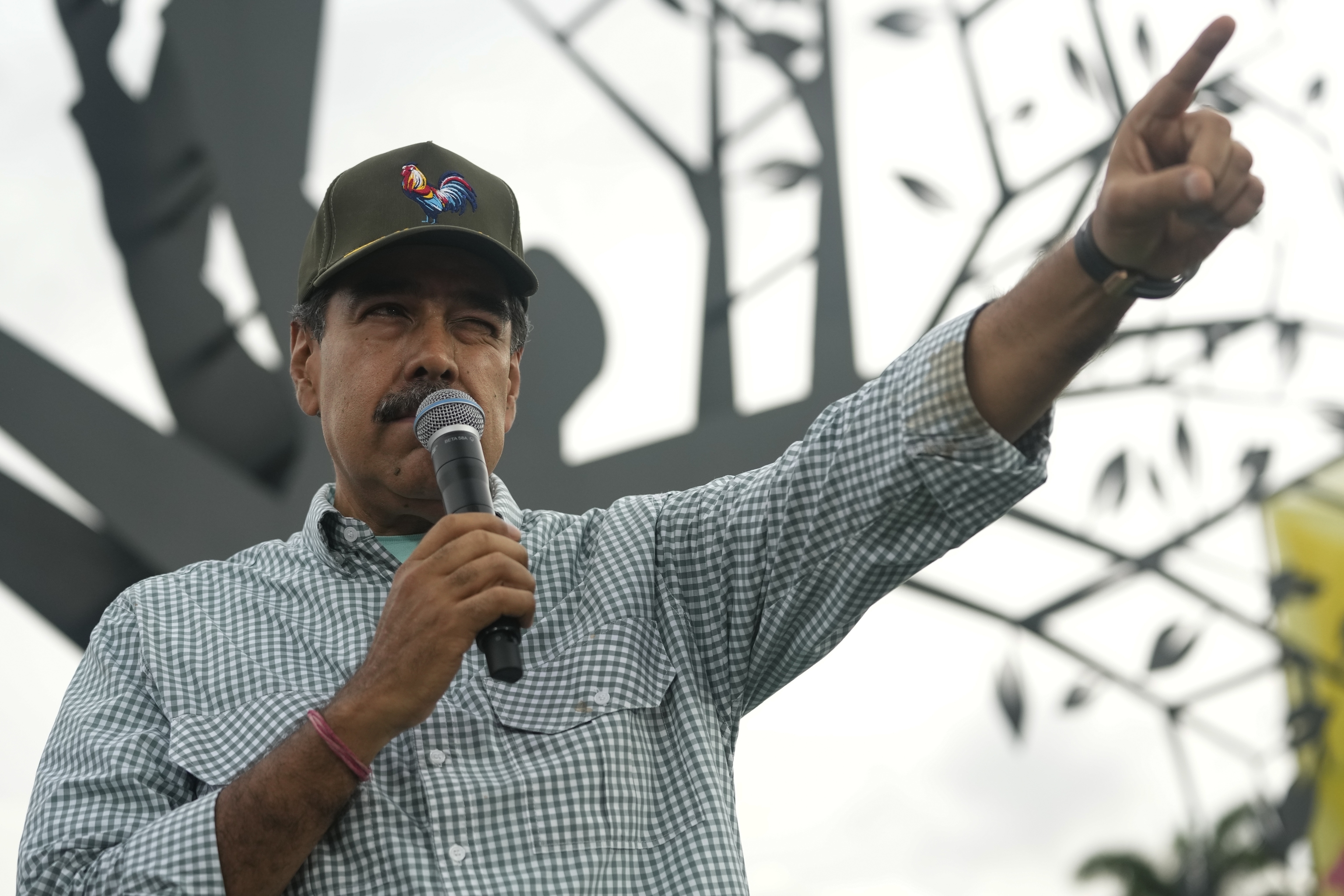A group of 31 countries, including not only the majority of the European Union (including Spain) but also the United States, United Kingdom, Australia, and Ukraine, as well as Argentina and Costa Rica, have signed a joint statement of denunciation, condemnation, and demands to Caracas in New York on Thursday. In it, the "majority of votes" for Edmundo González is recognized.
"We applaud the Venezuelan people for their participation in the presidential elections on July 28 despite significant challenges. More than 12 million people went to the polls and exercised their right to vote. Their will, expressed at the ballot box, must be respected. However, almost two months have passed since the election, and the calls for electoral transparency from both Venezuelans and the international community remain unanswered," lament the main European and American powers.
"We remain deeply concerned about the widespread and ongoing repression, as well as the abuses and human rights violations reported after the elections. These abuses include arbitrary arrests and detentions (including of children), deaths, denial of fair trial guarantees, and intimidation tactics against the democratic opposition and other members of civil society. In the context of the violent repression against opposition members, an arrest warrant for political reasons issued on September 3 against presidential candidate Edmundo González Urrutia, who according to publicly available electoral records obtained the majority of votes in the July 28 elections, forced him to leave the country," the statement points out.
The story is well known. International election observers have documented the lack of guarantees and transparency, denouncing the integrity of the electoral process, particularly the National Electoral Commission's refusal to publish "detailed and independently verifiable results from polling stations, as required." The opposition posted thousands of records, but the government has systematically refused. Additionally, it has expelled the opposition leader from the country, forcing him to sign documents at the Spanish embassy under the threat of imprisonment. And it refuses to provide explanations.
In short, the position of the International Community is clear, but the path is tortuous. The UN giants take for granted the victory of Edmundo González, from the opposition, but insist that the transfer of power must come from within the country and cannot be imposed. The Spanish Congress, like the European Parliament, has recognized González as the winner, but governments do not want, they say, a repeat of what happened with Guaidó, when the support of global democracies amounted to nothing. So they redouble efforts, talk (some like the US) about sanctions, seize planes. But they still believe in a negotiated solution, perhaps with exile for Maduro and his inner circle.
Ministers and prime ministers demand "the immediate release of those arbitrarily detained without respect for fair trial guarantees. It is essential that Venezuelans be allowed to express their political opinions peacefully, including through the exercise of peaceful assembly and expression, without fear of reprisals. We demand an end to the excessive use of force, political violence, and harassment against the opposition and civil society," say the 31 governments, who also call for the "immediate return" of the Office of the United Nations High Commissioner for Human Rights to Venezuela and the necessary conditions for it to fully carry out its mandate.
Venezuela has responded to the international declaration with disqualifications. In a statement, the Chavista regime refers to the countries that have signed it as a "handful" of "satellite governments" of the United States attacking the Venezuelan people with "a cumulative of infamies, distortions, and coup aspirations, whose epilogue will be, as always, a resounding failure," as reported by Efe.
US Secretary of State Antony Blinken and his "lackey countries," according to the Venezuelan government, intend to "invoke the defense of the human rights of the Venezuelan people while attacking them" with "illegal coercive measures and planning terrorist actions" to "disregard their democratic will."
